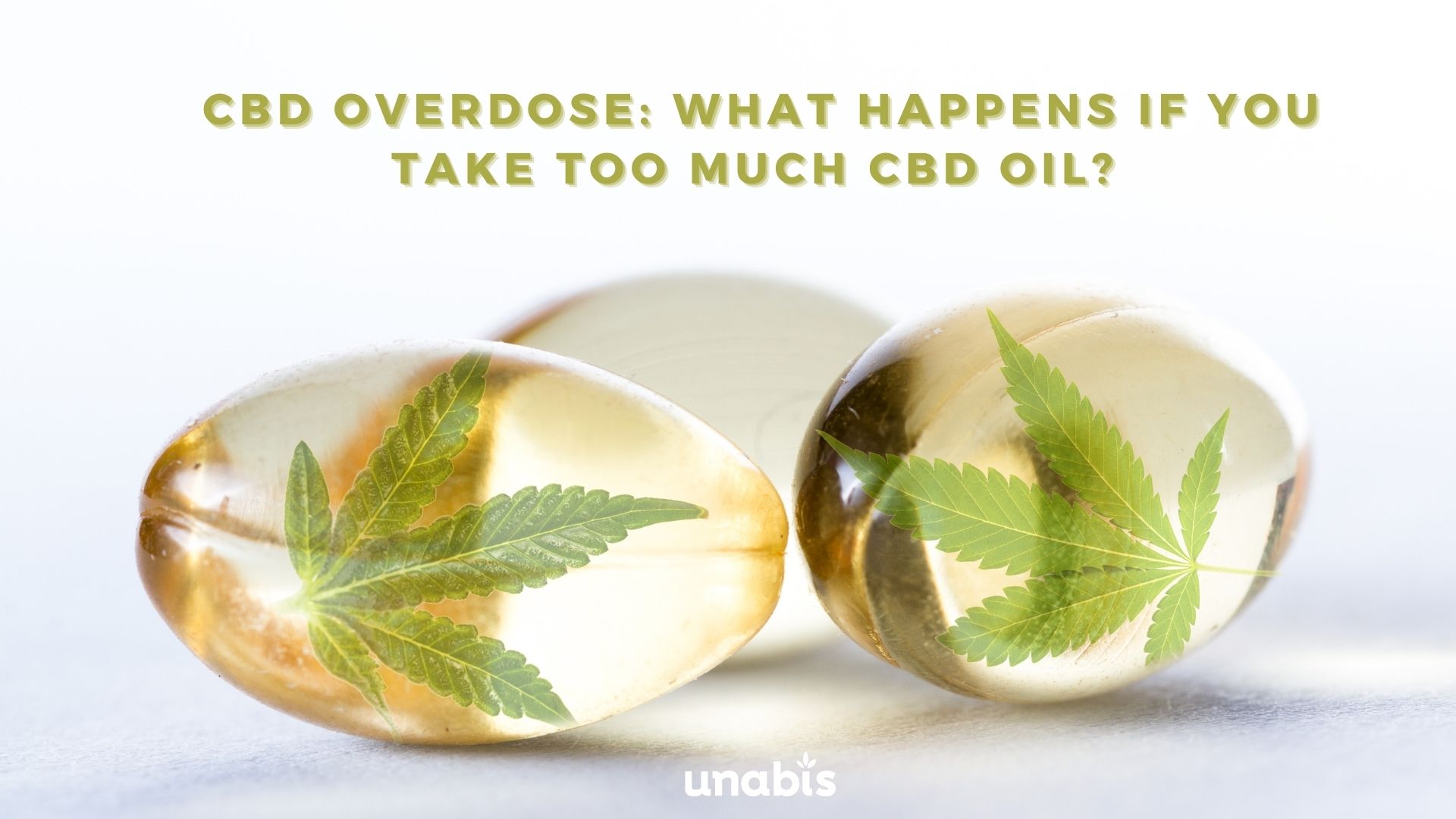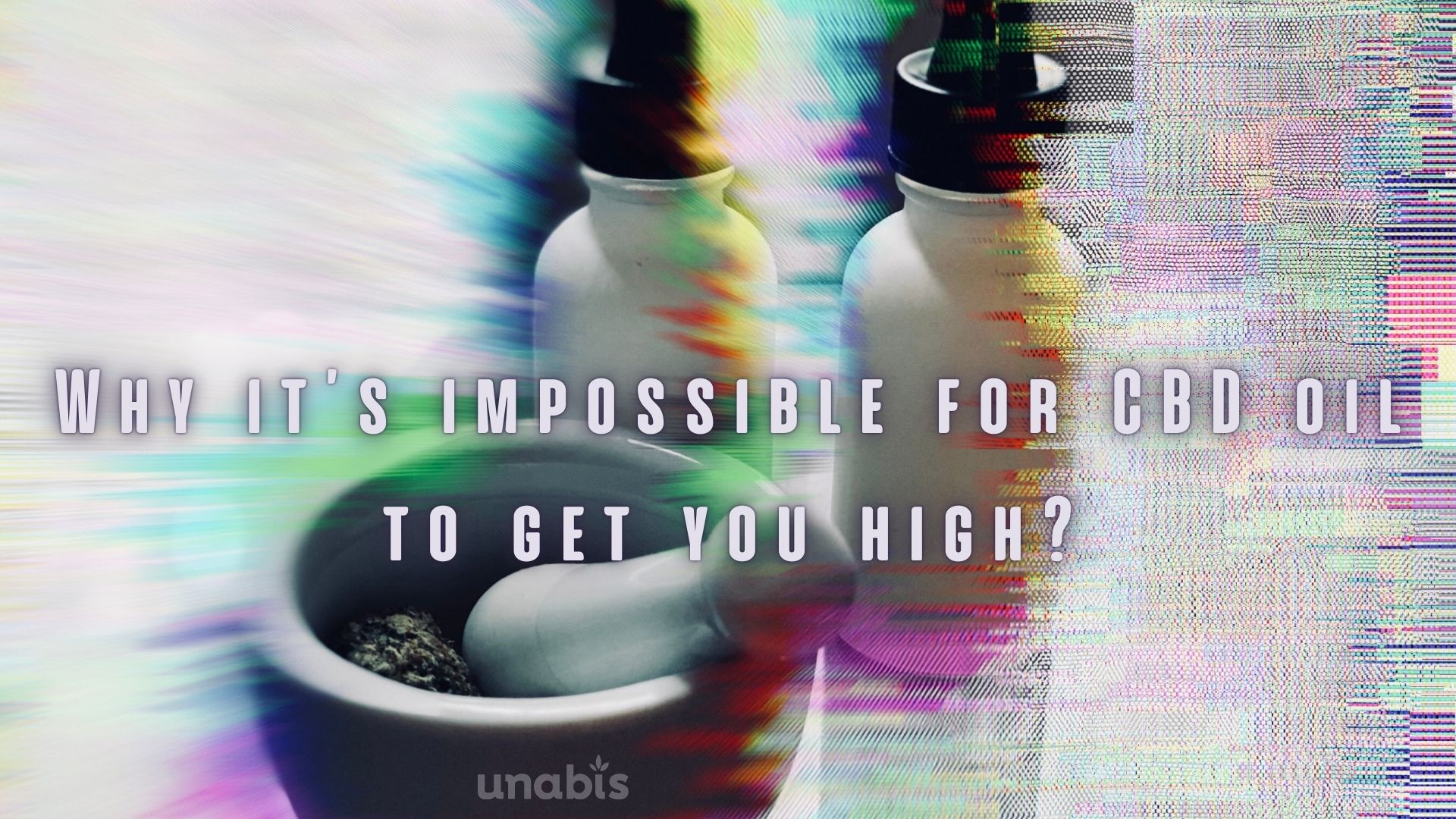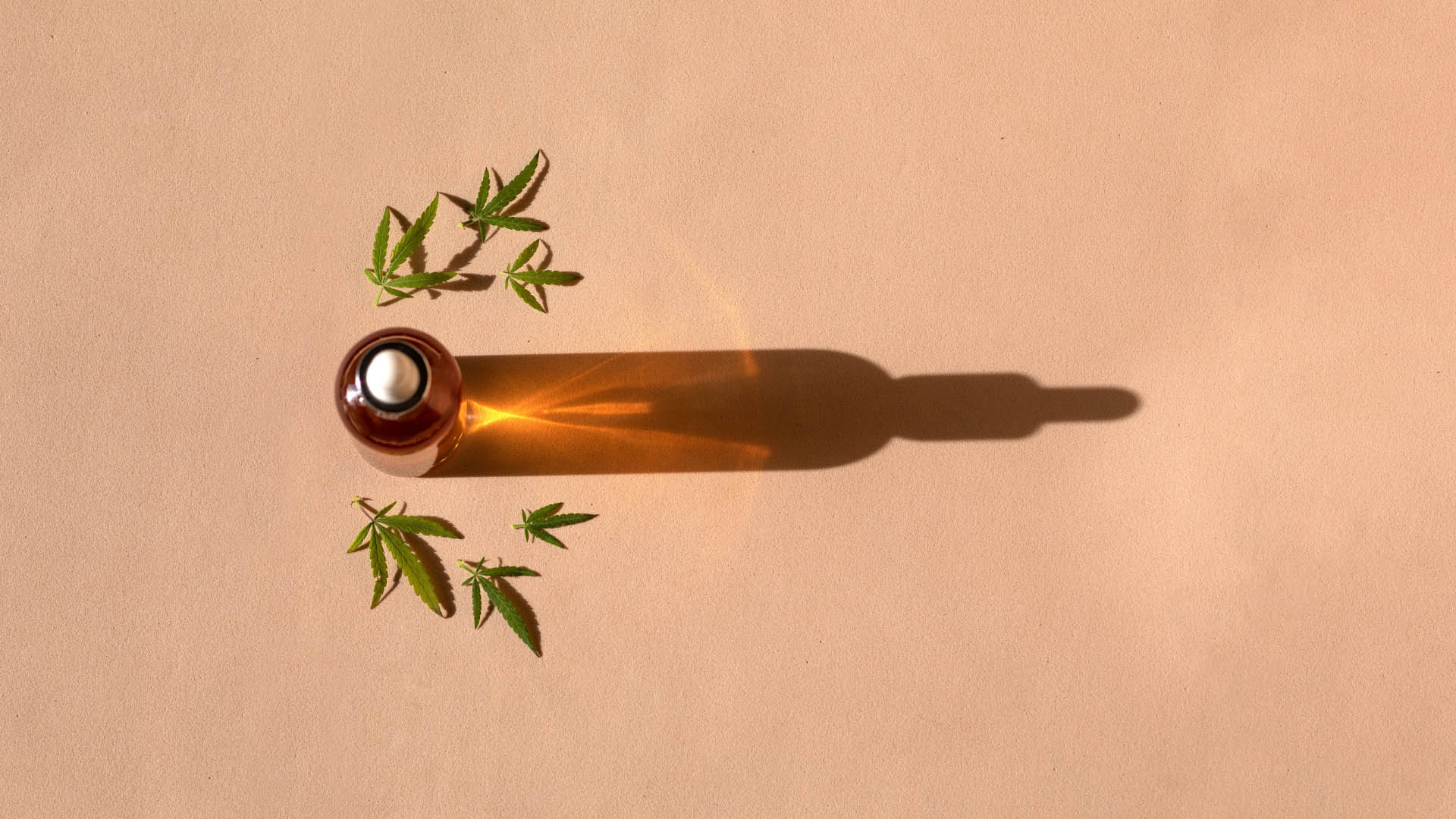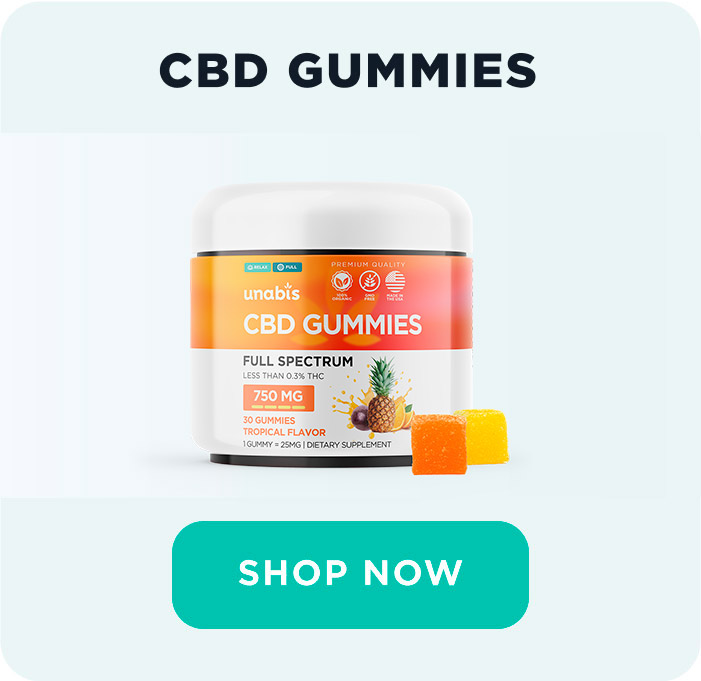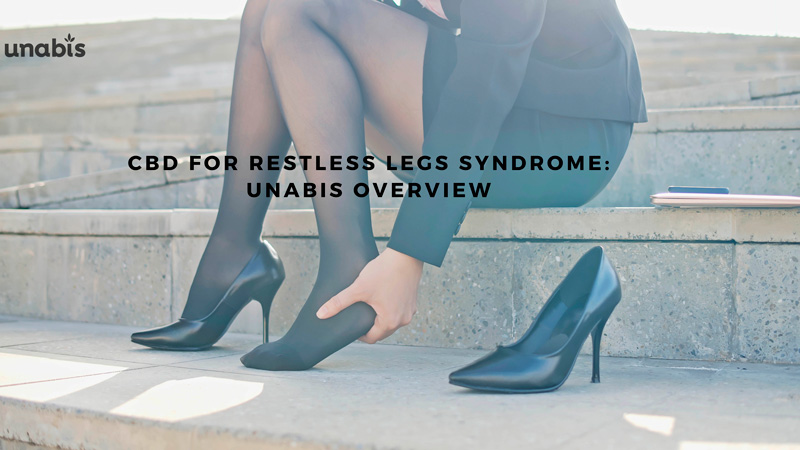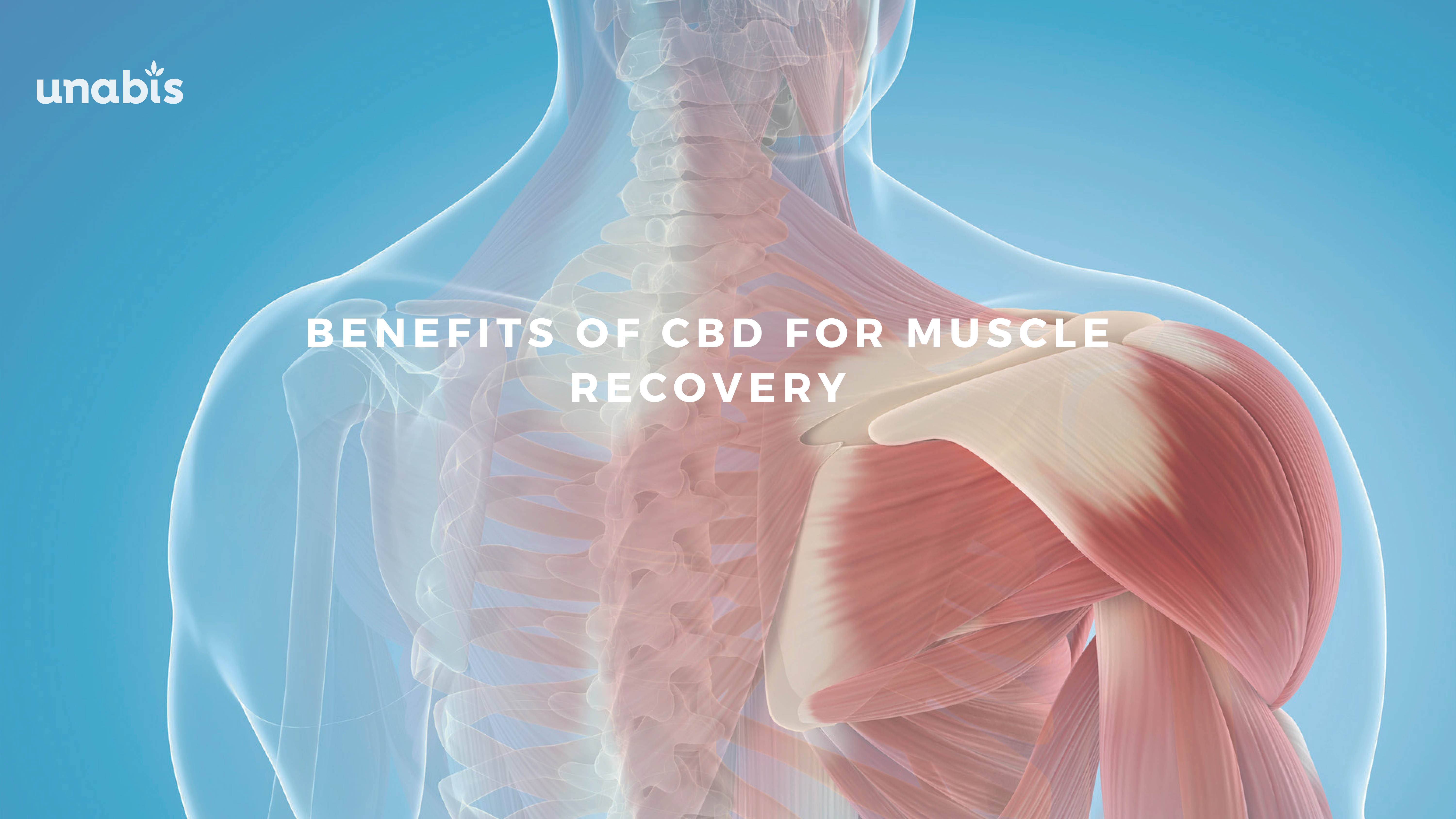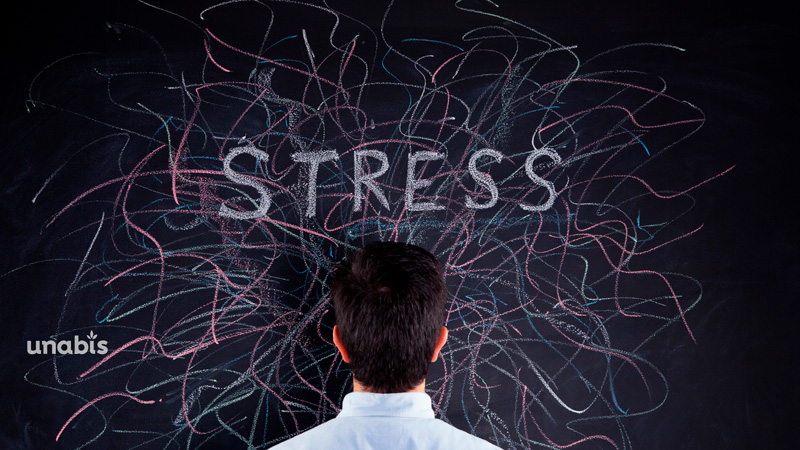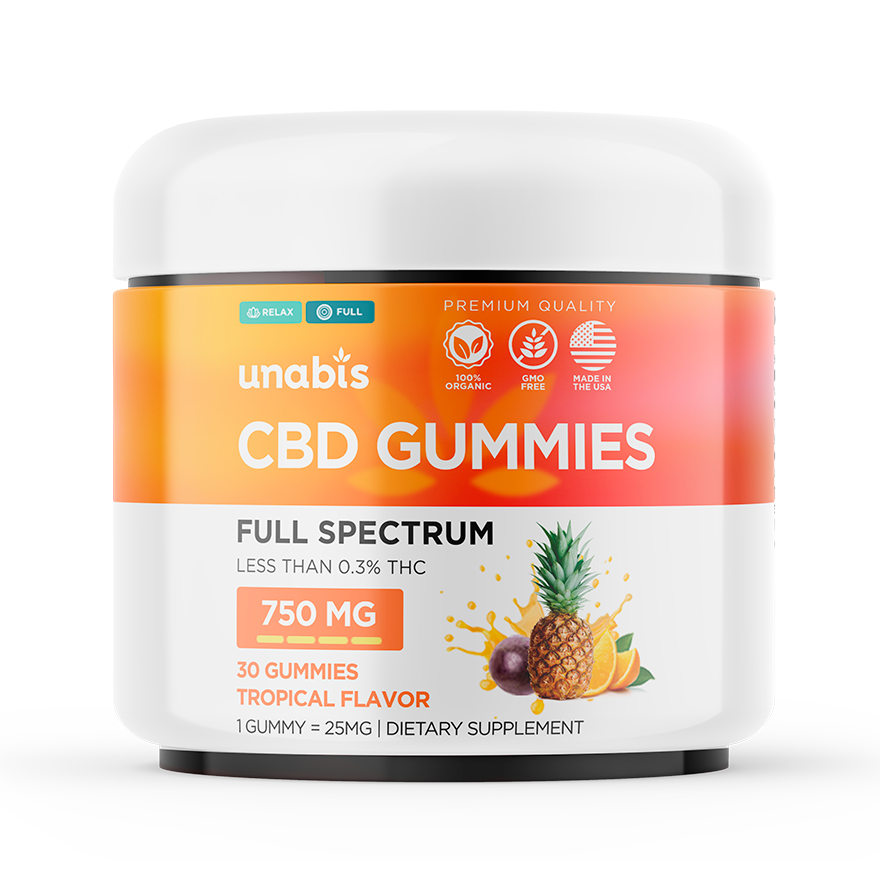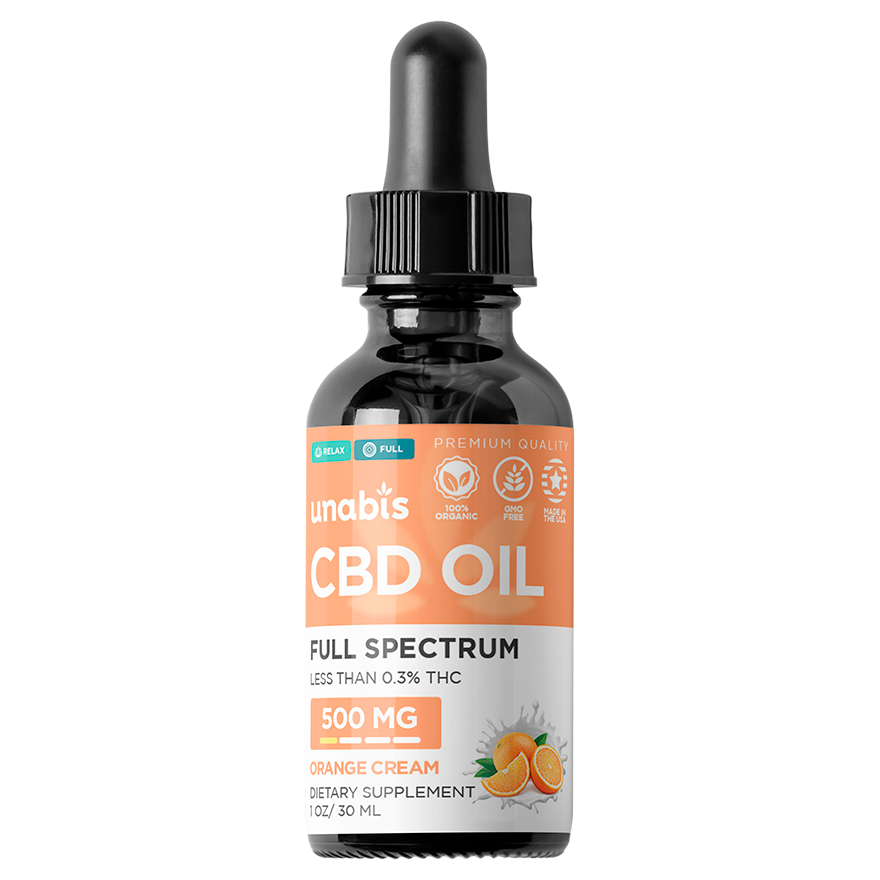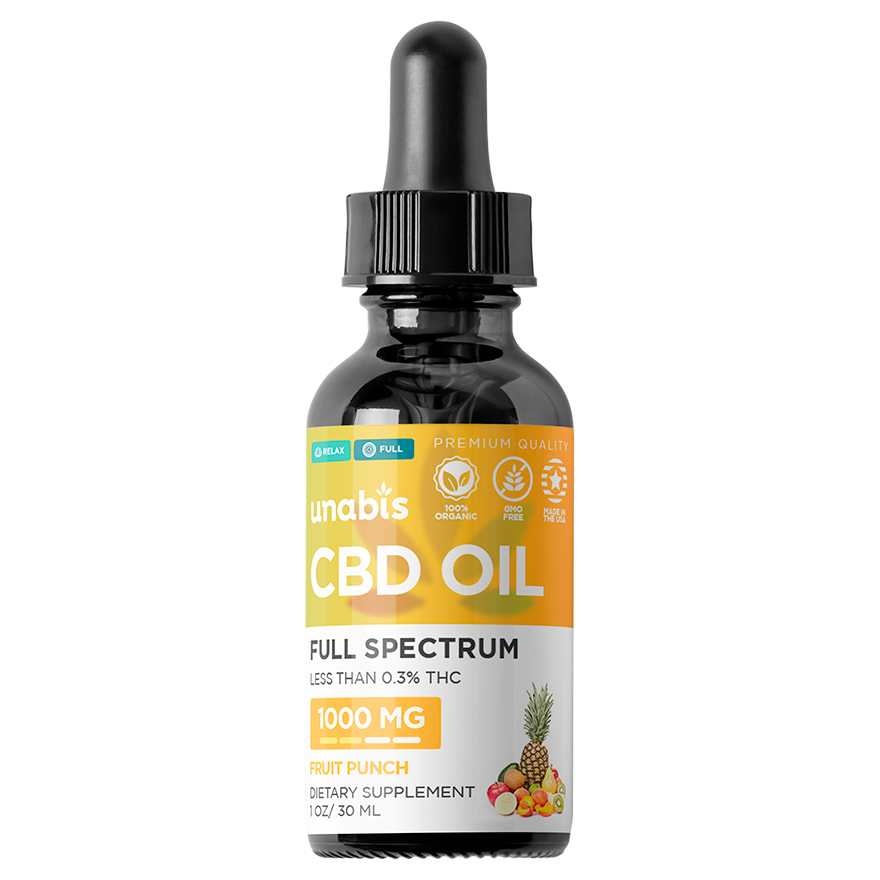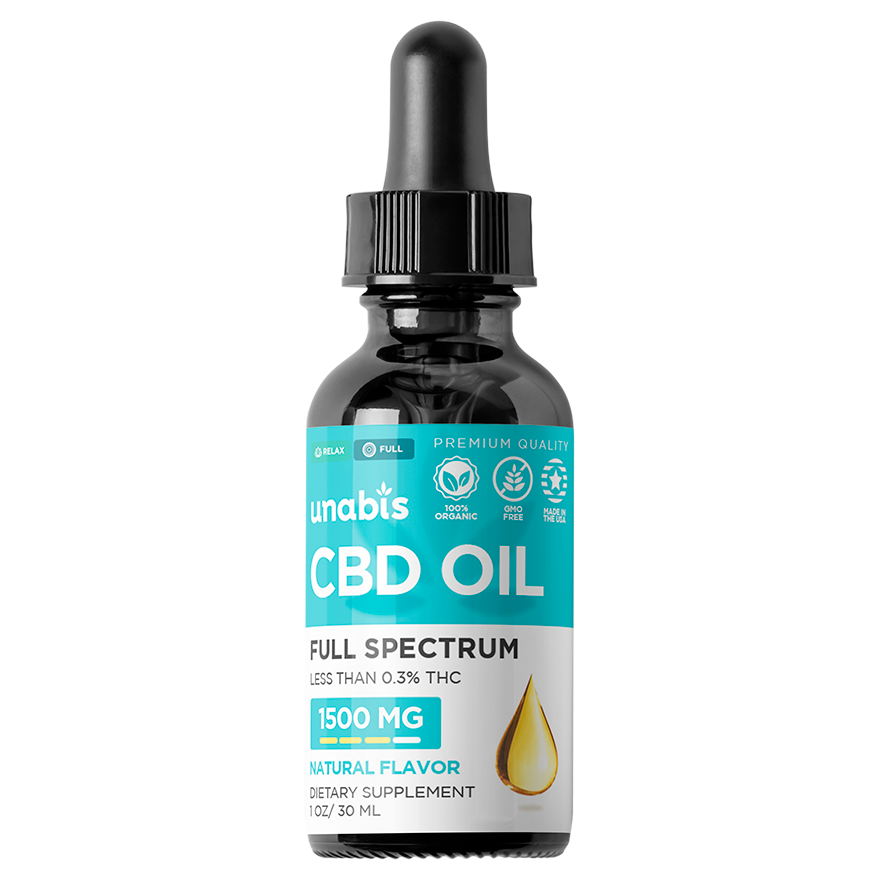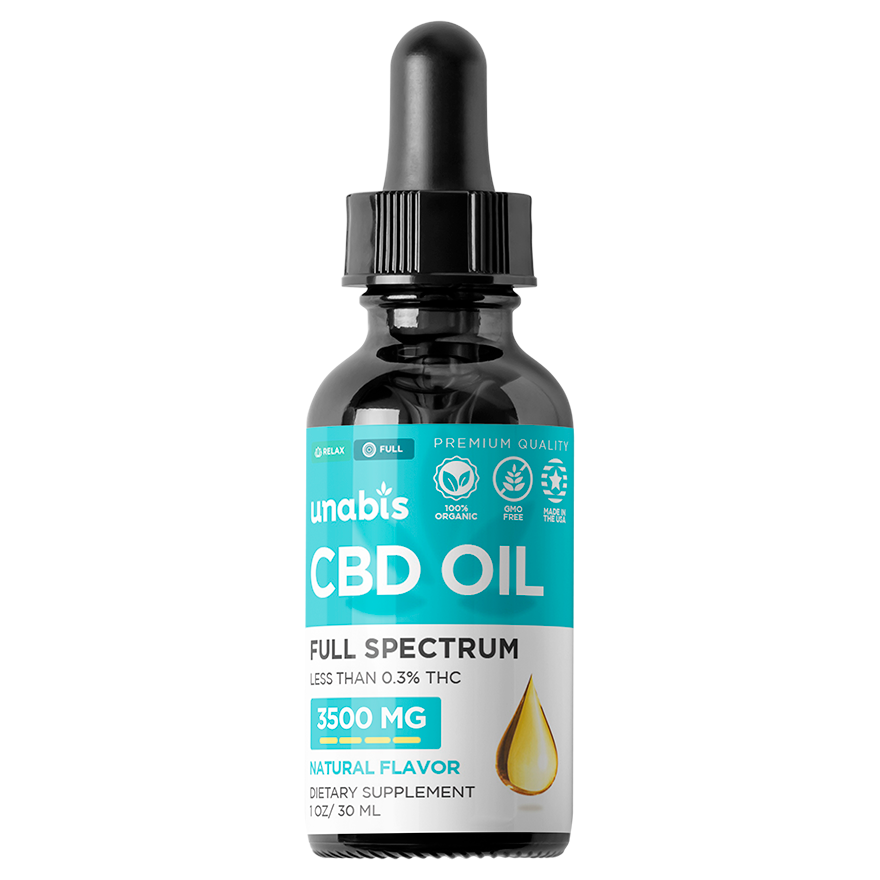Is CBD oil safe? Can you overdose on CBD? How does CBD oil compare to actual dangerous substances, like NSAIDs or alcohol, or opioids? If you’ve got questions about CBD’s safety, keep reading — because we’ve got answers.
Is CBD even safe?
If you’ve noticed how CBD’s near-quantum jump toward the mainstream has propelled it into gas stations and convenience stores, it’s an obvious question to ask.
Or maybe you noticed that impressive volumes of misbranded hempseed oil are being sold as CBD on Amazon. Or maybe you’ve been reading up on Food and Drug Administration (FDA) warnings on the subject! It’s safe to say one thing: CBD’s safety — or lack thereof — has become a hot topic. Thankfully, though, there’s no cause for concern. CBD is completely safe! Let’s look at a few quick stats, before going through them one by one:
- CBD mirrors substances produced by our bodies
- It’s virtually impossible to overdose on CBD
- No one has ever passed away from using CBD
- CBD is well tolerated in special populations
1. The Mirror Effect
At the heart of CBD’s near-unmatched safety profile is one important biological truth: CBD mirrors the endocannabinoids naturally produced by our bodies. In fact, it’s not just us — every healthy vertebrate on the planet produces its own internal cannabinoids. And all the scientific evidence we have available shows that phytocannabinoids (like CBD) are nothing but a perfect match for them.
2. CBD and brainstem
Unlike substances like alcohol or opioids, CBD does not activate any receptor sites located in the brain stem. This is the area of the brain which controls some of our most important automatic activities (think breathing), so its lack of endocannabinoid receptors is a very good thing.
Animal-rights advocates may not like hearing this part, but scientists have actually succeeded in finding CBD’s rodent-specific lethal dose. Thankfully, however, this sort of thing can only be replicated in a lab: you’d have to drink approximately 9 liters of CBD oil to be at risk. The sheer volume of liquid involved would actually prove fatal first — at around the 7-liter mark.
3. No Fatalities for CBD overdose
Not to be morbid, but few substances can claim to have zero recorded fatalities to their name — natural or otherwise. People have passed away from drinking too much water, eating too much food, and consuming too much caffeine, but so far, nobody has died from CBD oil overdose. With approximately a quarter of Americans now having tried the plant compound, its safety has been tested by a pretty large sample size!
4. Universal Appeal…not CBD overdose!
A quick glance at many otherwise harmless nutraceuticals often reveals surprising, age-related warnings. Some substances aren’t great for kids, others are harmful to pregnant women, etc.
But CBD is different. It’s well-tolerated by virtually all “special populations” — i.e, groups with severe health problems or unique health needs. This can probably be explained by the endocannabinoid-related benefits we talked about earlier.
There’s only one group that needs to be careful with CBD and should avoid CBD oil overdose at all costs. These are people on pharmaceuticals that target blood pressure or blood sugar. In these cases, CBD may inhibit cytochrome P450 enzymes enough to make said pharmaceuticals work a little too well.
Even in this group, however, there’s an easy solution: staggering doses by a few hours. When used correctly, CBD may even help those with blood pressure/blood sugar reduce their pharmaceutical demands a little.
CBD vs. actual dangerous substances
Over the past two decades, deaths from drug overdoses have dramatically risen. Over half of those deaths involved opiate painkillers. In states where medical cannabis is legal, the interactions between opioids and cannabis have been explored at the clinical and pharmacological levels for years. One recent research finds that specific components in cannabis may have very profound effects — “not only modulating the addictive effects of opioids but a treatment for opioid dependence and withdrawal.”
Many people wonder how a natural plant works in similar ways to a chemical-pharmaceutical drug such as an opioid. In short, dopamine is a neurotransmitter present in regions of the brain that regulate movement, emotion, cognition, motivation, and feelings of pleasure. When a person ingests an opiate, their body releases dopamine creating the psychoactive effect that they are itching for. Remarkably, CBD has the exact opposite effect on dopamine. For example, it has been shown that CBD can block the sensitization of the brain’s dopamine system in response to drugs like amphetamine.
In other words, CBD decreases dopamine activity. Cannabis Sativa constituent itself disrupts the reward mechanism by which opioids hijack the brain. “Cannabidiol has been shown to strongly inhibit the brain’s dopamine pathways and may possess anti-addiction potential.” [1]
There are already promising data from human clinical studies that suggest CBD may indeed serve as a promising treatment for opioid-related addictive behaviors. Research from JAMA Internal Medicine confirmed this. They reported that “states with medical cannabis laws had a 24.8% lower mean annual opioid overdose mortality rate compared with states without medical cannabis laws.” [2]
Phasing in the use of cannabis, particularly the CBD compound of the plant, while phasing out the use of opioids has proven effective — particularly when seeking to manage chronic pain conditions. Cannabis has never caused any deaths and is a much safer option for treating chronic pain than the pharmaceuticals involved in the opioid crisis.
What the experts say about CBD safety and side effects
It’s one thing for us to claim that CBD is safe. We’re a company that sells CBD products, after all! But it’s quite another thing for less enthusiastic groups to attest to CBD’s safety — yet that’s exactly what they’ve done. Here are the highlights:
CBD safety according to the World Health Organization
“CBD is generally well tolerated with a good safety profile. Reported adverse effects may be as a result of drug-drug interactions between CBD and patients’ existing medications. Several countries have modified their national controls to accommodate CBD as a medicinal product. To date, there is no evidence of recreational use of CBD or any public health-related problems associated with the use of pure CBD.” [3]
CBD safety according to a US government research patent
“This patent describes the therapeutic potential for cannabinoid chemical compounds that are structurally similar to THC, but without its psychoactive properties, thereby treating specific conditions without the adverse side effects associated with smoked marijuana.”
— NIH spokeswoman Renate Myles tells the Denver Post.
CBD safety according to molecular biologist Dr. Bob Melamede
“Cannabis is the third most commonly used drug in the world, following tobacco and alcohol. In the United States, much of the drug war is focused on marijuana (over 700,000 people arrested last year alone). Is there justification for this policy? The gateway theory states marijuana use leads to the use of other drugs and drives the U.S. policy despite evidence that suggests alcohol and tobacco use may foster the gateway effect.
In contrast, countries that support harm reduction focus their enforcement and social support efforts on “hard drugs.” Consequently, many countries have effectively decriminalized marijuana. Holland, having the most liberalized drug laws, does not have more cannabis users (over age twelve) than do more repressive countries, and the per capita number of heroin users is also lower. The Dutch Ministry of Justice estimates that 0.16% of cannabis users are heroin users. This figure does not support cannabis being a gateway drug. Data from the 2000 National Household Survey on Drug Abuse (U.S. Department of Health and Human Services, Substance Abuse and Mental Health Services Administration) also shows that the vast majority of people who try cannabis do not go on to use hard drugs.” [4]
CBD safety according to the man who discovered anandamide
“I can see two different directions [for the future of cannabis product development. One will focus on production of derivatives of active compounds that could be patented and sold in order to make as much money as possible. The other direction puts patients before profit and focuses on the use of the whole plant and synergistic effects of its compounds.”
To sum this section up, the experts attest that CBD and hemp:
- Are generally well-tolerated
- Have an exceptional safety profile
- Are popular throughout the world
- Are free from dangerous, adverse side effects
- Are designed to work with your body, not against it
- Are safest when they’re consumed in their original forms
CBD overdose: other helpful info
Now that we’ve covered the basics, let’s zoom in a little bit on some more specific questions that you might have.
Can you overdose on CBD?
Technically speaking, you can — but CBD overdose isn’t dangerous, let alone fatal. Can you overdose on CBD oil or CBD Isolate? Yes, though you’d have to drink huge amounts of the stuff before experiencing anything close to an overdose.
People who are especially sensitive to CBD can overdose on CBD oil and other CBD products. What are the CBD overdose symptoms?
The potential symptoms of CBD overdose include:
- Drowsiness
- Nausea
- Diarrhea
- Sleepiness
- Sedation
- Couch lock
- Allergies (very rare)
Is CBD overdose dangerous?
CBD is non-harmful and non-lethal, even at super-high doses. While you can indeed overdose on CBD, such an event is very unlikely and not physically dangerous in the least.
What happens if you overdose CBD oil?
You may feel drowsy, sleepy, irritable, or anxious. Some people report experiencing a mild ‘ego death’ experience if they take huge amounts of CBD (think 300 milligrams or more). But how much CBD can cause a CBD overdose? Anything more than your body needs to feel better! For most people, anything more than 50 milligrams of CBD at a time is ‘too much.’
How to find the right CBD dosage?
We recommend starting off with a low dose of ½ dropper or less. Start low and go slow, and eventually you’ll find the perfect amount of CBD oil that works for you. How much CBD is too much? In general, anything in the 50-100+ milligram range is considered ‘too much.’ That said, people with severe health challenges may need this much or more!
CBD overdose: summing things up!
At Unabis we believe every person has the power to improve their health. Providing premium CBD is what we’re all about!
We also believe your well-being, wellness, harmony, and happiness are closer than you might think. You might be only one step away from complementing your everyday routine with premium, safe, and effective CBD products for living in your best health possible.
And now that you know how not to overdose CBD oil to take, allow us to introduce some premium CBD products to you. Click here to check out our extensive CBD oil selection.
Disclaimer: Any medical or legal advice statements made regarding cannabis plant (CBD) products have not been evaluated by the Food and Drug Administration. CBD products are not intended to diagnose, treat, cure or prevent any disease.
F.A.Q.
Can I take too much CBD if I CBD newbie?
Yes. CBD dosing follows a biphasic curve, meaning that large doses of CBD have different types of effects than small doses. It might take some practice to not ‘overshoot’ things and find the type of dose that works for you.
Can you overdose on CBD gummies?
You can indeed. CBD edibles are the easiest type of CBD product to ‘overdose,’ since you can’t feel their effects until you’ve already taken too much.
Can you smoke too much CBD?
Yes, though this is also rare. Smokable CBD products are like CBD vapes in that they’re easy and forgiving to dose by feel.
What happens if you take too much CBD oil?
Expect a little bit of drowsiness and/or sedation. You might choose to just sleep the feeling off for a few hours! Can you vape too much CBD? Yes, although it’s hard to overdo vaping because you can feel how the CBD is affecting you in real-time.
